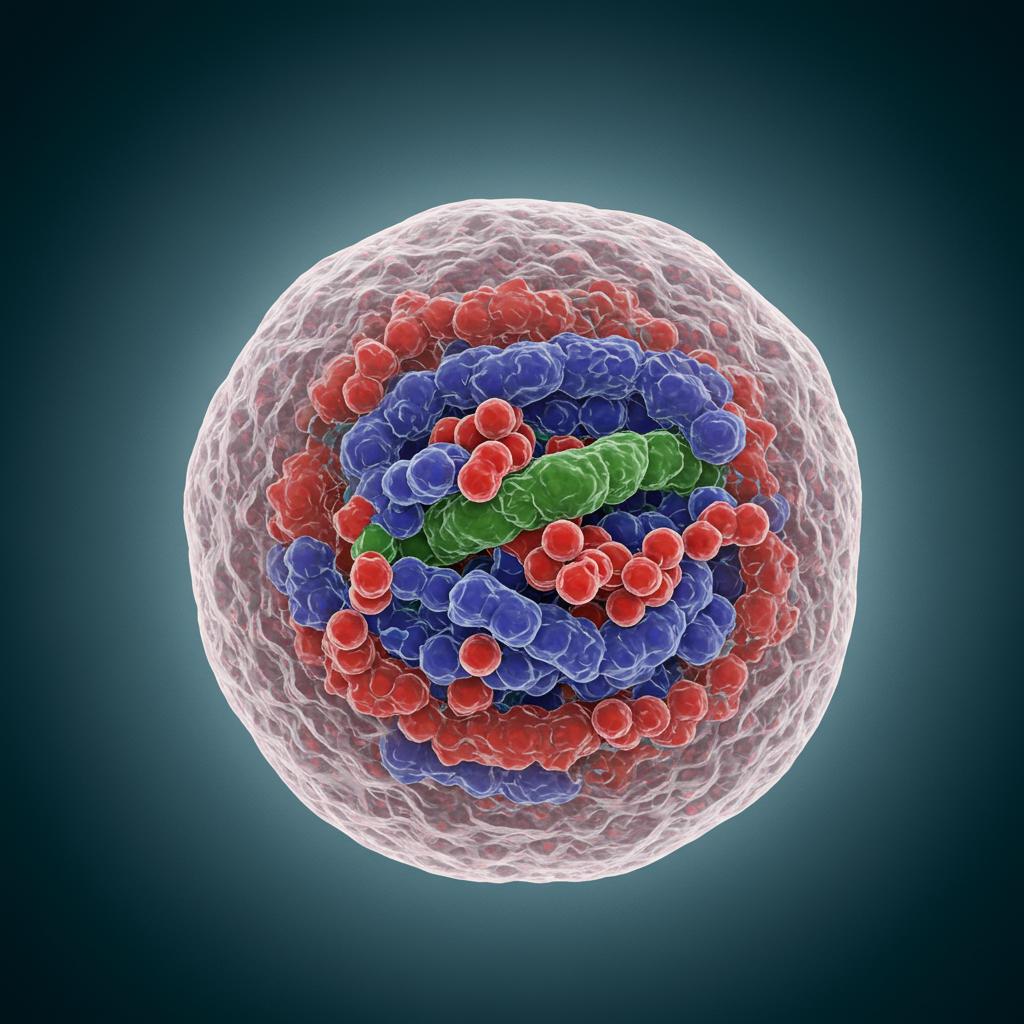
Peptides are generating a lot of buzz in the medical world, and for good reason! They’re like tiny protein snippets with the potential to revolutionize how we treat diseases. Over the past few decades, researchers have been increasingly intrigued by their potential as clinical therapeutics, viewing them as a promising alternative to traditional small molecule drugs. So, what’s all the excitement about?
Peptides offer some really compelling advantages. Think of them as highly customizable tools. Scientists can tweak their structure with remarkable precision to enhance their effectiveness and safety. This fine-tuning allows for:
- High target affinity: Peptides can be designed to precisely target specific disease-causing molecules, like a lock and key. This minimizes off-target effects and increases the effectiveness of the treatment.
- Impressive selectivity: They can be engineered to distinguish between healthy and diseased cells, reducing the risk of harming healthy tissues.
- Low immunogenicity: Peptides are less likely to trigger unwanted immune responses compared to some other types of therapies, making them safer for long-term use.
- Satisfactory tissue penetration: They can effectively reach target tissues and organs, which is crucial for treating many diseases.
While the journey of peptides from the lab to the clinic has encountered some bumps along the road, particularly regarding their physicochemical and pharmacokinetic properties (how they behave in the body and how the body processes them), their potential impact on modern healthcare remains incredibly encouraging. Recent studies show a surge in peptide research, with over 400 currently in clinical trials and 60 already approved for clinical use. This speaks volumes about their promise!
One area where peptides are showing particular promise is in cancer treatment. The demand for more effective and safer cancer therapies is immense, and peptides are stepping up to the plate in several exciting ways:
- Potent antiproliferative action: Some peptides can directly inhibit the growth and spread of cancer cells.
- Adjuvant therapies: Peptides can be used in combination with other cancer treatments to reduce side effects or enhance the effectiveness of existing drugs.
- Targeted drug delivery: Peptides can be used to deliver anticancer drugs directly to tumors, minimizing damage to healthy tissue. This is particularly exciting as it offers a way to improve the efficacy and reduce the toxicity of chemotherapy.
Developing peptide-based therapies isn’t without its challenges. Researchers are actively working to overcome hurdles related to their stability, delivery, and production. This involves exploring innovative molecular design strategies and developing sophisticated drug delivery systems, like nanoparticles, to optimize their therapeutic potential.
The future of peptide therapeutics is bright, and we’re only just beginning to scratch the surface of their potential. From targeted cancer therapies to treatments for other complex diseases, peptides offer a new frontier in medicine, offering hope for more effective and personalized treatments in the years to come.
